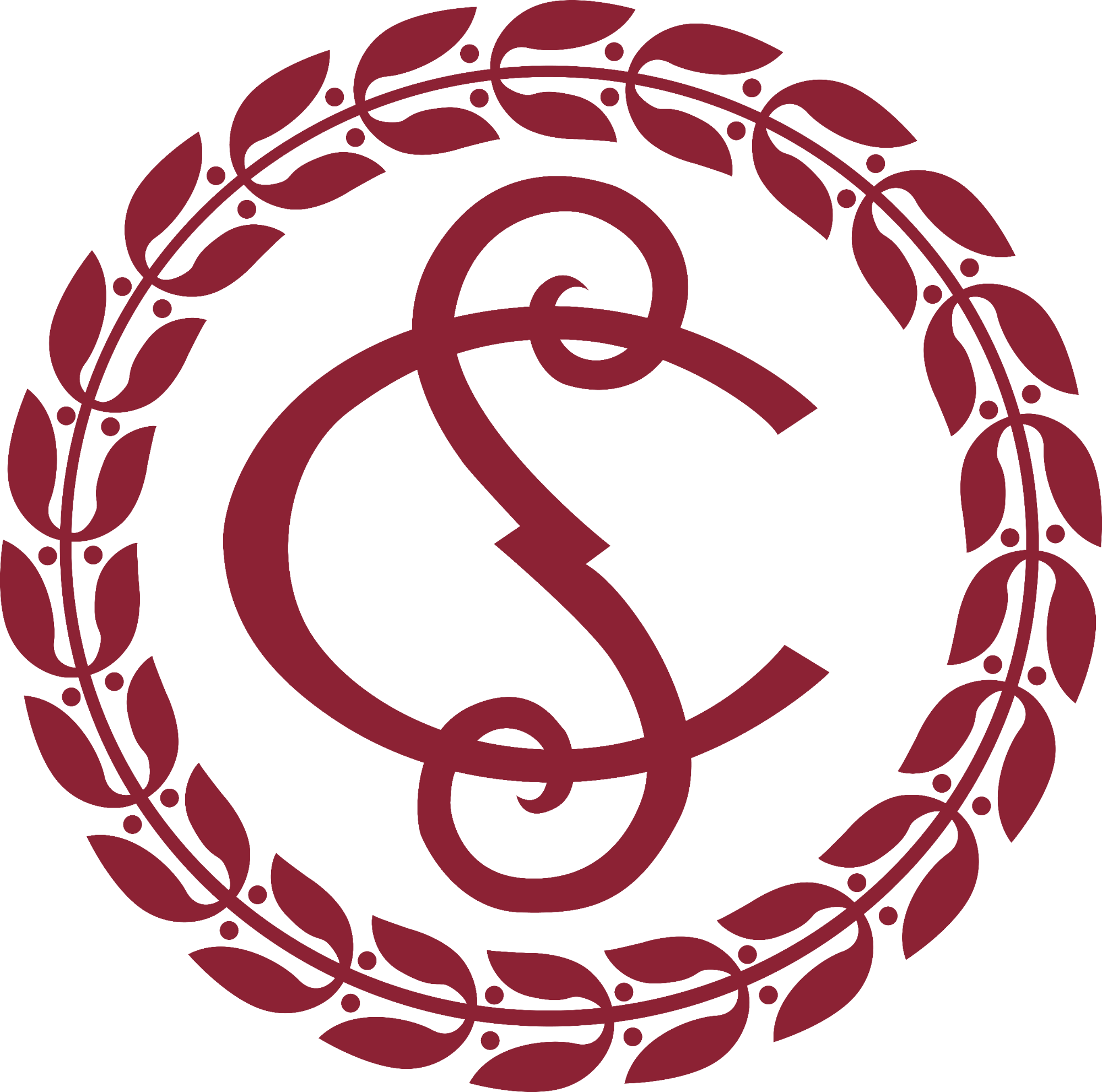Judgments
Judgments on leave applications, judgments on appeals, archive of sources cited in Supreme Court of Canada reasons for judgment, Cases in Brief and Canada Supreme Court Reports.
The Supreme Court of Canada is Canada’s final court of appeal, meaning its decisions cannot be appealed to another court.
The Supreme Court of Canada issues two types of judgments:
- Judgment on a leave application
- Judgment on appeal
A judgment on a leave application decides whether the Court will hear an appeal or not. If the Court dismisses the application for leave to appeal, the file is closed. If the Court grants the application for leave to appeal, it will hear that appeal.
A judgment on appeal is the final judgment that ends the appeal. An appeal judgment can be pronounced orally from the bench at the end of the hearing or reserved and delivered with written reasons at a later date. Once in a while, a decision from the bench will be followed by written reasons later.
The detailed reasons explain why the Court reached the result, or disposition of the appeal, which would be either to allow or dismiss the appeal.
The result, or disposition of the appeal, can be unanimous. If it is not unanimous, the result is determined by the majority of the judges who heard the appeal. Judges who disagree with the majority result are “dissenting”. Usually, reasons are written by one or more judges from each group (majority and dissent), but each judge may write reasons in any case if they choose to do so.
When a reserved judgment is delivered, the parties are notified and the formal judgment is deposited with the Registrar with all the written reasons.
